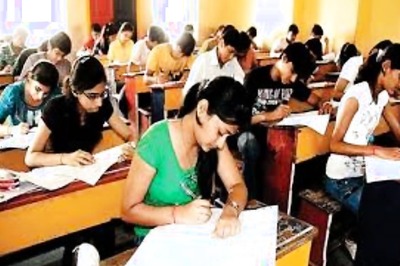
views
New Delhi: The chief justice of India has recommended that corrupt judges of lower courts should be made to quietly quit with their pension benefits intact as government officials with doubtful integrity are made to do.
In a letter written to all the high court chief justices on Tuesday, Chief Justice K.G. Balakrishnan recommended the high courts adopt Fundamental Rule 56(j) that governs the civil services.
Under this rule, a government official with doubtful integrity but facing no criminal or corruption case is made to take premature retirement along with full benefits like gratuity, provident fund and pension.
The rule also provides that a government official who retires after a formal criminal or corruption case is filed against him stands to lose his full gratuity and a major chunk of his monthly pension.
"Fundamental Rule 56(j) enables the appropriate authority to retire any government servant, if in its opinion, it is in the public interest to do so," the chief justice said in his letter.
"The basic objective behind this provision is to retire those who are found to be unfit, incompetent, inefficient or with doubtful integrity. Premature retirement, as you know, is not a stigma and no civil consequences follow such retirement," Balakrishnan pointed out in his letter.
Under Fundamental Rule 56(j), government officials are evaluated for their efficiency and integrity at the ages of 50 and 55.
Balakrishnan suggested the high courts too to develop a mechanism to evaluate the efficiency and integrity of lower courts' judges at the ages of 50, 55 and 58.
Directing the high court chief justices to adopt the measure to weed out the corrupt lower courts' judges with doubtful integrity "in right earnest", Balakrishnan also reminded them that even the apex court regularly evaluates its judicial officers of the rank of magistrates and sessions judges who man the posts of registrars in the Supreme Court.
"I would like to inform you that such review in respect of officers and employees of the Supreme Court of India is being carried out when they reach the age of 50, 55, 56, 57, 58 and 59 years and this has proved to be quite effective," said the chief justice.
"If implemented in right earnest, such a provision will keep deviant behaviour in check, besides getting rid of those who are found to be indolent, ineffective or with doubtful integrity," Balakrishnan added.















Comments
0 comment